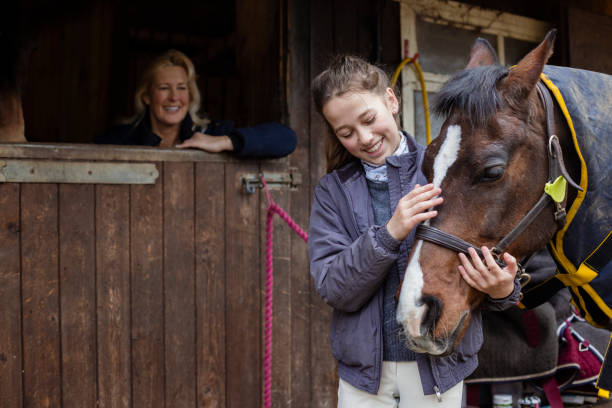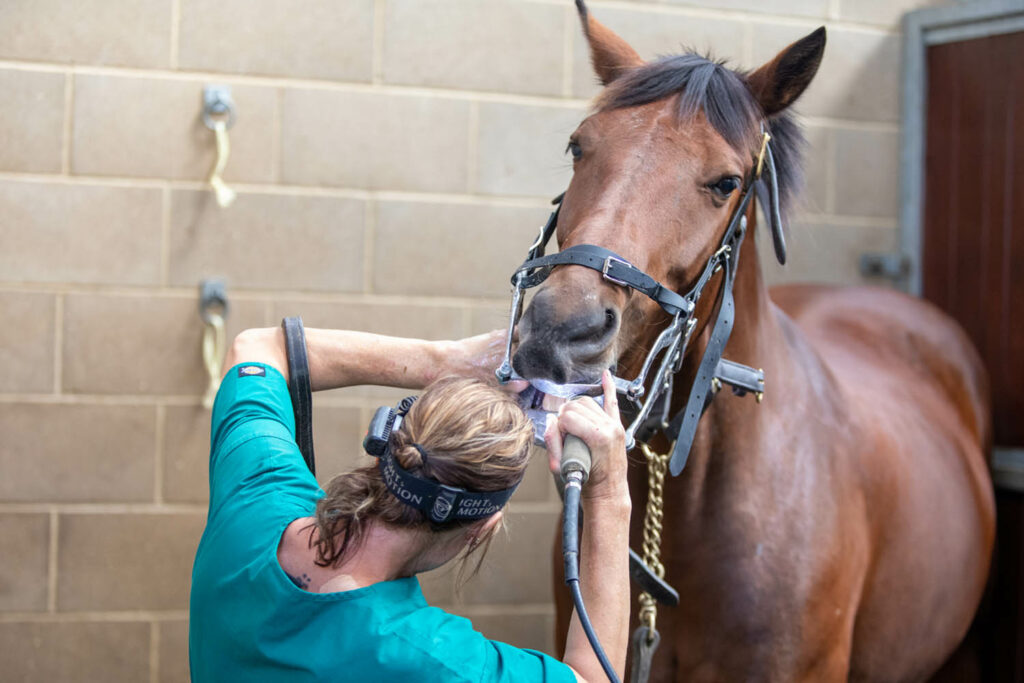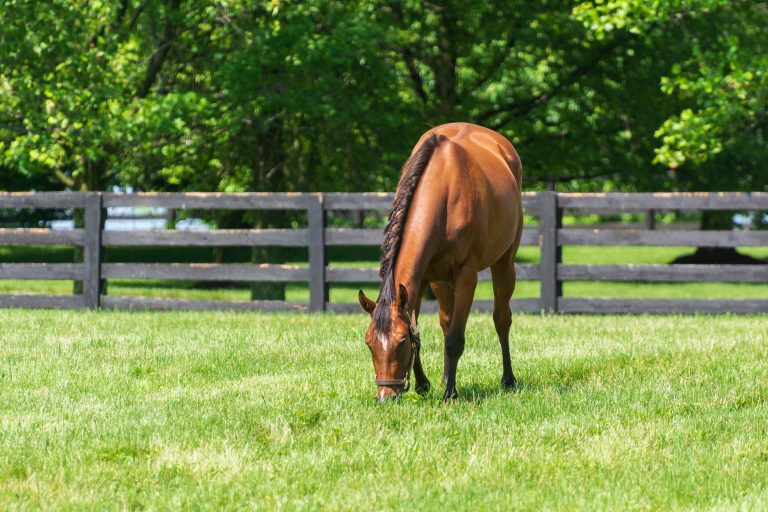Living in a scorching environment can be challenging for any animal, but it is especially tough for a senior horse in hot climates. The combination of age-related health issues and intense heat requires special attention. Ensuring the well-being of these horses is crucial for their longevity and happiness.

The Challenges of Hot Climates for Older Horses
One of the main issues that a senior horse in hot climates faces is heat stress. This condition can lead to dehydration, heat stroke, and even death if not managed properly. Additionally, older horses are often more susceptible to conditions such as arthritis, which can be exacerbated by extreme heat.
Recognizing Signs of Heat Stress in Senior Horses
It’s important to recognize the signs of heat stress early. Look for symptoms such as excessive sweating, rapid breathing, and lethargy. If your horse shows any of these signs, immediate action is needed.
Proper Hydration: A Key to Staying Healthy
Hydration is crucial for a senior horse in hot climates. Horses can lose a significant amount of water through sweat, and it’s vital to replenish these fluids. Hydration tips can help ensure that your horse stays healthy.
Offering Clean and Fresh Water
Always provide your horse with clean, cool water. Check the water source frequently for cleanliness and temperature, and make sure it’s easily accessible.
Electrolytes and Salt Blocks
Electrolytes are essential for maintaining fluid balance. Consider adding electrolytes to your horse’s water or providing salt blocks to encourage drinking.
Providing Shade and Shelter
Adequate shade and shelter are vital for a senior horse in hot climates. Whether it’s a run-in shed or a well-ventilated barn, ensuring that your horse has a cool, shaded area to retreat to can make a big difference.
Pasture Management
Manage pastures by providing shaded areas with trees or constructed shades. This not only helps reduce heat exposure but also encourages natural grazing habits. Learn more about pasture management for older horses.
Maintaining a Suitable Diet
A balanced diet is crucial for the health of a senior horse in hot climates. The diet should be tailored to meet their specific needs, considering factors such as age, activity level, and health conditions.
High-Fiber Diet
Older horses benefit from a high-fiber diet that aids digestion and provides steady energy. Quality hay and senior-specific feeds are excellent options.
Monitoring Nutrient Intake
Be mindful of the nutritional content of the feed. Senior horses often require additional vitamins and minerals to support their health.
Regular Health Checks
Frequent health checks are essential for monitoring the wellbeing of a senior horse in hot climates. Regular veterinary visits can help catch potential issues early.
Dental Care
As horses age, dental health becomes increasingly important. Ensure regular dental check-ups to prevent issues that could affect feeding.
Joint Health
Joint supplements can support a senior horse, especially in hot climates where they may be less active. Consider incorporating joint health routines into your care plan. Explore stretching routines to maintain joint flexibility.
Exercise and Activity Levels
Keeping a senior horse in hot climates active is important, but it must be done cautiously. Exercise helps maintain muscle mass and mobility.
Adjusting Exercise Routines
In hot climates, adjust exercise routines to cooler times of the day, such as early morning or late evening, to prevent overheating. For more guidance, visit exercise tips for older horses.
Monitoring Activity Levels
Watch for signs of fatigue or distress during exercise. Be prepared to reduce activity if your horse seems uncomfortable in the heat.
Using Suitable Bedding
Choosing the right bedding can significantly impact the comfort of a senior horse in hot climates. Proper bedding can help reduce stress on joints and provide a cooler resting area.
Choosing the Best Bedding
Opt for breathable materials that can help regulate body temperature. For more information, check out bedding options for senior horses.
Conclusion: Ensuring the Well-being of Your Senior Horse in Hot Climates
Taking care of a senior horse in hot climates requires a thoughtful and proactive approach. By providing proper hydration, nutrition, shelter, and health care, you can help your horse thrive even in challenging environments. For additional guidance, consider this complete guide on taking care of senior horses.

FAQ Section
What are the signs of heat stress in senior horses?
Signs include excessive sweating, rapid breathing, and lethargy. Immediate action is crucial if these symptoms appear.
How can I keep my senior horse hydrated in hot weather?
Provide clean, cool water, and consider adding electrolytes to their diet. Salt blocks can also encourage drinking.
Why is shade important for senior horses in hot climates?
Shade provides relief from the sun, reducing the risk of heat stress and allowing horses to rest comfortably.
This article contains affiliate links. We may earn a commission at no extra cost to you.
